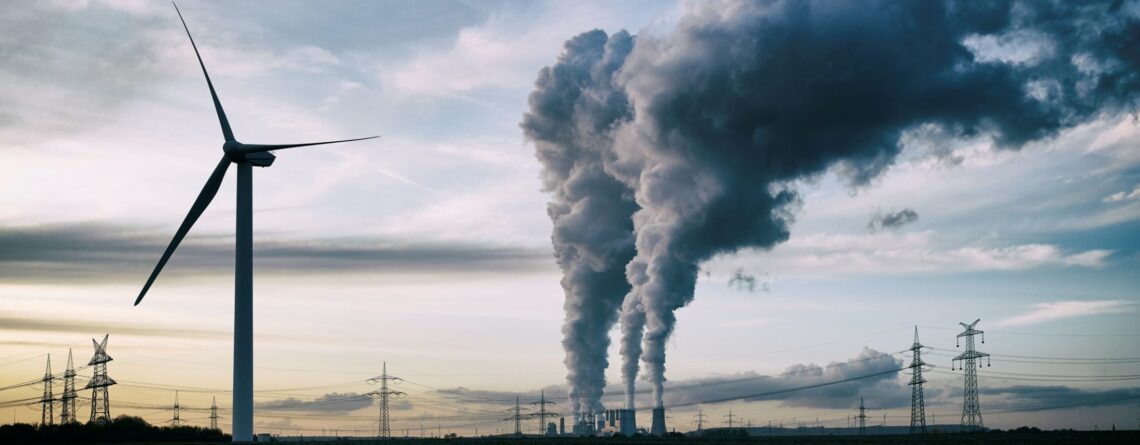Pension funds and fossil fuel phase-out: historical developments and limitations of pension climate strategies
By Clara McDonnell
Despite the decades of international climate negotiations and several landmark agreements, global efforts to date to restrict fossil fuel production in line with climate targets have been unsuccessful. As national and international policies continue to fall short of phasing out fossil fuels, increasing attention has been paid to non-state actors, like pension funds, as a potential source of more ambitious climate action. As major asset owners, large shareholders in fossil fuel companies, and historically activist investors, pension funds are theoretically well-placed to contribute to phasing out fossil fuels. Despite growing recognition of this potential role for pension funds and other major investors in climate change mitigation, there has been little attention to pension funds’ historical record on climate change, or to how their climate strategies have developed and changed over time. This paper examines how the climate strategies of the largest US and European pension funds have evolved in relation to key developments in international climate agreements and the extent to which these strategies contribute to restricting fossil fuel supply. Through an analysis of the annual, governance, and sustainability reports of 6 pension funds from 1997 to 2022, we examine the strategies pension funds have adopted to address both climate change and fossil fuels. Pension funds have demonstrated responsiveness to the signals of international climate agreements, adopting a range of strategies with respect to climate change (amongst others, integrating ESG principles, increasing their sustainable investments, and setting net zero goals). Their explicit attention to fossil fuels and contribution to supply-side interventions take the form of systematic shareholder engagement, (selective) divestment, and lobbying policymakers. While pension fund climate action is growing , the ambition of their strategies is not aligned with a rapid fossil fuel phaseout; their efforts are often focussed on improving disclosure and transparency and demonstrate complacency with minimal improvements from fossil fuel companies. If pension funds are to significantly contribute to phasing out fossil fuels, redefining pension fund responsibilities and the traditional shareholder role will likely be required.











